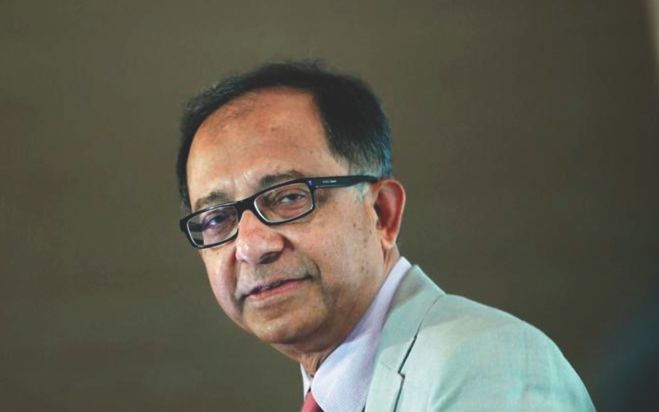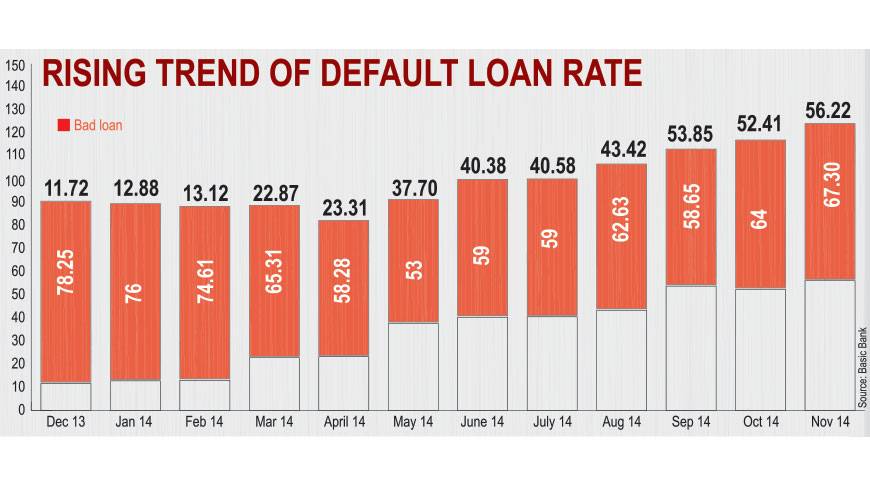The World Bank has cut its global growth forecast, warning the US alone cannot drive an economic recovery.
In its bi-annual report, the Bank predicted global growth of 3% this year and 3.3% next year, below its June forecast of 3.4% and 3.5% respectively.
"The global economy is running on a single engine...The American one. This does not make for a rosy outlook," chief economist Kaushik Basu warned.
However, it said lower oil prices would benefit some countries.
"The lower oil price, which is expected to persist through 2015, is lowering inflation worldwide and is likely to delay interest rate hikes in rich countries," said Basu.
"This creates a window of opportunity for oil-importing countries, such as China and India; we expect India's growth to rise to 7% by 2016," he added.
However, the Bank warned that lower oil prices would hurt growth in countries which export oil, such as Russia, weighing on its global growth predicitions.
The World Bank expects the Russian economy to contract by 2.9% this year, and to grow just 0.1% in 2016.
In contrast, it said economic activity in the US and the UK was "gathering momentum" as interest rates remain low.
But it said the lingering "legacies of the financial crisis' meant the recovery had been "sputtering" in the eurozone and Japan.
The Bank warned low inflation could persist in the eurozone, and forecast growth of 1.1% in 2015, rising to 1.6% in 2016-17. In Japan, it expects growth to rise to 1.2% in 2015 and 1.6% in 2016.
"The global economy is at a disconcerting juncture," Basu added.
Analysis by Andrew Walker, BBC World Service Economics correspondent:
We still can't really get away from the lingering after-effects of the international financial crisis.
Yes, the World Bank predicts slightly stronger growth for the global economy and for the developing world this year.
But it is still a "slow moving" recovery and there are risks aplenty, risks that could mean things turn out worse than the main forecast.
The first on the Bank's list is financial market volatility, which could increase borrowing costs for developing countries.
There is also the possibility that global trade, which has grown weakly since the crisis, could face a further setback if the eurozone or Japan were to slip into a prolonged period of stagnation or deflation.
And there's China and the danger posed by what the report calls the country's "financial vulnerabilities" - meaning debts.
It describes a disorderly slowdown in China as a low probability event, but clearly enough of a worry that it needs to be mentioned.






